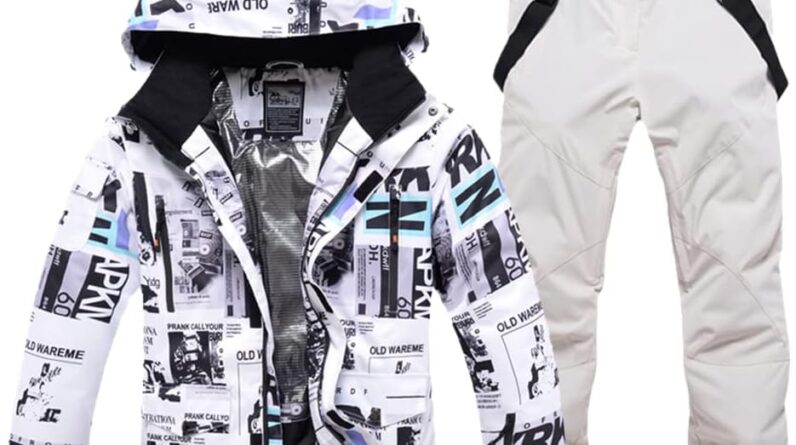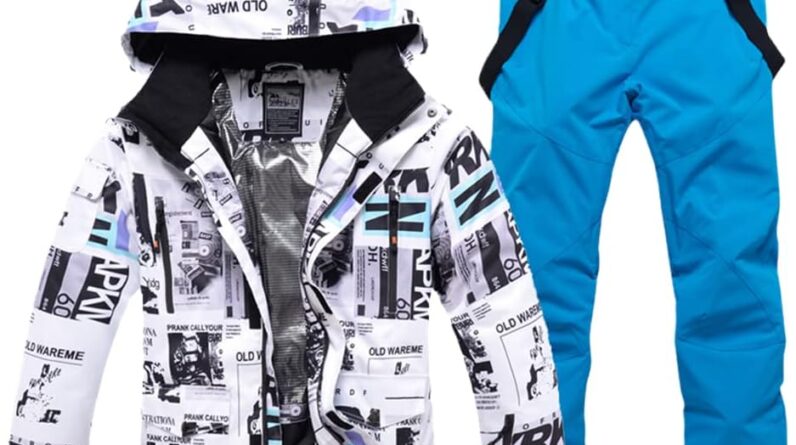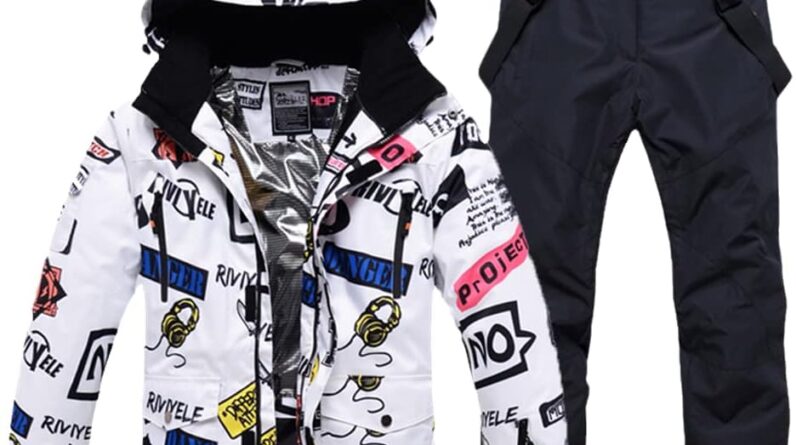
Ready to hit the waters and show off your slalom skiing skills? Well, before you strap on your skis and take the plunge, it’s essential to have the perfect water ski rope handle. Choosing the right one can make all the difference in your performance and comfort on the water. With so many options available, it can be overwhelming to know where to start. But don’t worry, we’ve got your back! In this ultimate guide, we’ll walk you through everything you need to consider when selecting a water ski rope handle for slalom skiing. Get ready to enhance your ride and make the most out of your time on the waves!
The Ultimate Guide to Choosing the Perfect Water Ski Rope Handle for Slalom Skiing
When it comes to slalom skiing, having the right water ski rope handle is crucial for a successful and enjoyable experience on the water. With so many options available, it can be overwhelming to choose the perfect handle for your needs. In this guide, we will break down the different materials, handle grips, lengths, constructions, rope thicknesses, rope stretches, handle shapes, durability, handle floatability, and price points to help you make an informed decision.

This image is property of i.ytimg.com.
1. Material
1.1. Nylon
Nylon handles are a popular choice among slalom skiers due to their durability and strength. Nylon handles are known for their resistance to wear and tear, making them a reliable option for long-term use. They provide a firm and comfortable grip, allowing you to maintain control and stability while skiing. Additionally, nylon handles are resistant to water absorption, preventing them from becoming heavy and waterlogged during your sessions.
1.2. Polypropylene
Polypropylene handles are another excellent choice for slalom skiers. These handles are lightweight and floatable, making them ideal for water sports. Polypropylene handles offer a comfortable grip and are known for their durability. They are resistant to UV rays and do not degrade when exposed to sunlight, ensuring their longevity. If you are looking for a handle that combines strength, lightness, and floating capabilities, polypropylene is an excellent option.
1.3. Rubber
Rubber handles are favored by many slalom skiers due to their soft and comfortable grip. These handles provide excellent shock absorption, reducing the strain on your hands and wrists during aggressive maneuvers. Rubber handles come in various textures, offering different levels of grip for your preference. Whether you prefer a smoother grip or a more textured feel, rubber handles can provide the grip you need for a successful slalom skiing experience.
1.4. Leather
If you’re looking for a premium and luxurious option, leather handles are worth considering. Leather handles offer a unique feel and grip that many skiers find comfortable and enjoyable. They are known for their durability and can withstand the rigors of slalom skiing. Leather handles require regular maintenance and conditioning to preserve their quality and prevent cracks or drying out. If you prioritize style and a supple grip, a leather handle may be the perfect choice for you.
2. Handle Grip
2.1. Diameter
The diameter of the handle grip is an essential consideration when choosing a water ski rope handle for slalom skiing. The grip diameter should be comfortable and provide a secure hold for your hands. Thicker grips are preferred by skiers with larger hands or those who prefer a more substantial grip surface. Conversely, thinner grips are favored by skiers with smaller hands or those who prefer a lighter feel. It’s crucial to choose a grip diameter that feels natural and allows you to maintain control and maneuverability during your slalom runs.
2.2. Texture
The texture of the handle grip plays a vital role in providing a secure hold and preventing slippage. Grips can come in various textures, ranging from smooth to aggressive, to accommodate different preferences and skiing styles. A smooth grip may be preferred by skiers who want a more fluid and unrestricted hand movement. On the other hand, an aggressive grip with raised patterns or grooves provides better traction and prevents the handle from slipping out of your hands, especially during sharp turns or high-speed runs. Consider your personal preference and the type of skiing you do when choosing the handle grip texture that suits you best.

This image is property of jetskitips.com.
3. Length
3.1. Standard Length
Standard-length handles are the most common option and typically measure around 13 inches (33 cm). These handles are designed to accommodate a wide range of skier heights and preferences. Standard-length handles provide a balanced grip and allow for easy control during slalom skiing. They are suitable for most skiers unless you have specific requirements or preferences that necessitate a custom length.
3.2. Customizable Length
If you have specific preferences or requirements, such as a shorter or longer grip, customizable-length handles are available. These handles allow you to adjust the length according to your needs, ensuring a comfortable and optimal grip. Customizable handles offer versatility and can be beneficial for skiers who find standard lengths either too short or too long. However, it’s important to note that custom handles may come at a higher price point and require additional time for customization.

This image is property of www.tallingtonlakesproshop.com.
4. Construction
4.1. Single Grip
Single-grip handles are the traditional and most commonly used design for water ski rope handles. These handles feature a single grip area without any additional grips or protrusions. Single-grip handles offer simplicity and a straightforward grip, providing a consistent hold throughout your slalom skiing. They are suitable for skiers who prioritize a classic design and do not require extra grip options.
4.2. Double Grip
Double-grip handles, also known as wrap handles, feature an additional grip area that allows you to wrap your hands around the handle. This design provides added comfort and control, especially during intense maneuvers. Double-grip handles allow you to distribute the load more evenly across both hands, reducing strain and fatigue. If you engage in aggressive slalom skiing or prefer a more secure grip, a double-grip handle may be the right choice for you.
4.3. Padded Grip
Padded grip handles feature an added layer of cushioning material, typically foam or rubber, around the grip area. The padding provides extra comfort and shock absorption, reducing strain on your hands and wrists. Padded grip handles are ideal for skiers who value maximum comfort during slalom skiing sessions. They can minimize hand fatigue and provide a more enjoyable experience, especially during extended ski runs or rough water conditions.
4.4. Tapered Grip
Tapered grip handles have a unique shape that gradually tapers from a thicker grip to a narrower grip towards the rope attachment point. This design allows for easier hand transitions during turns and provides a natural and ergonomic feel. Tapered grip handles offer improved control and maneuverability, making them ideal for skiers who prioritize precise handling and quick response times.
Continue reading the rest of the article below.

This image is property of www.tallingtonlakesproshop.com.






